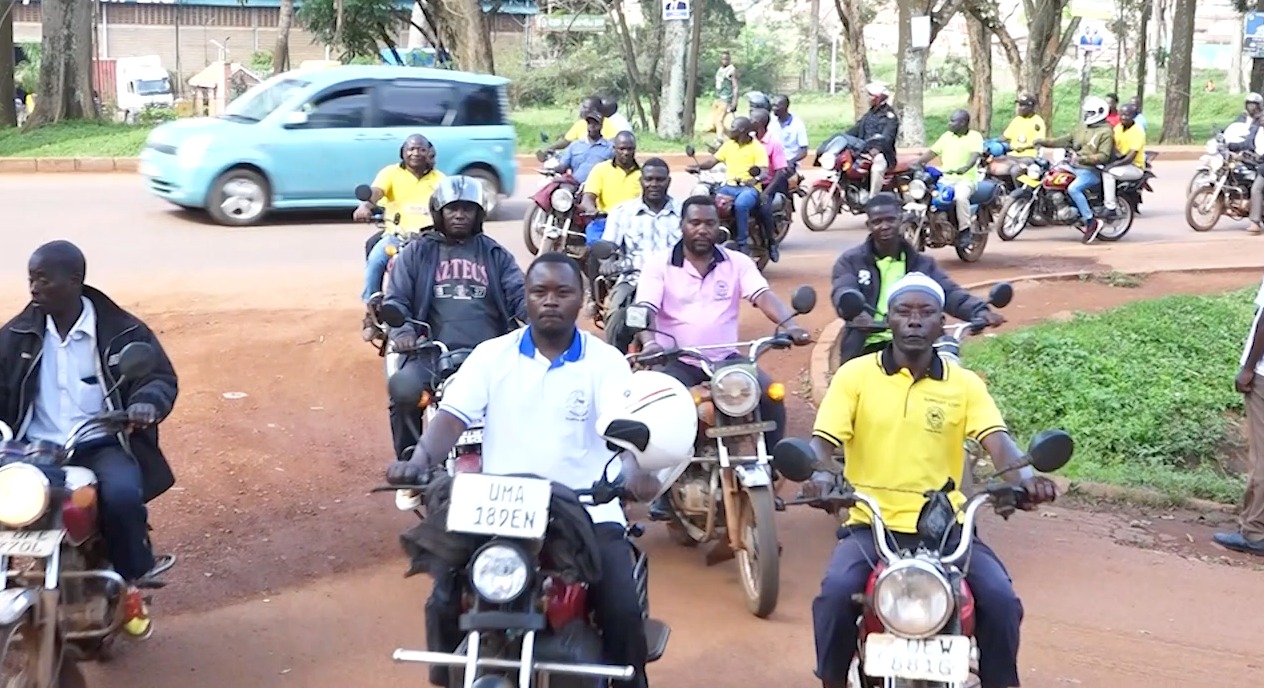More than 1,000 members from 84 associations of Boda Boda riders in Lugazi Municipality have achieved notable financial progress over the past five years, driven by support from the Presidential Initiative on Job and Wealth Creation (Emyooga).
The group’s access to Shs50 million in seed capital has transformed their operations, helping riders acquire assets, create jobs, and improve their living standards.
Established in 2018, the Lugazi Municipality Boda Boda Emyooga SACCO has become a model of financial empowerment and disciplined savings. Members have used the revolving fund to expand their motorcycle fleets, invest in real estate, and diversify into other ventures.
One of the beneficiaries, 26-year-old Saddick Kisoro, said the SACCO has given him an opportunity to build a home at an age when many of his peers are still struggling to make ends meet.
“My peers are amazed that I have been able to build a house at such a young age,” he said proudly.
Another member, Ssemakalu Saul, a decade-long rider and member of the Lugazi Leaders Central Association, said the SACCO has enabled him to grow into an employer.
“Through the SACCO, I now own several motorcycles and employ others. It has truly been life-changing,” Ssemakalu said.
According to SACCO administrator Rehema Naluzze, despite operational challenges such as long travel distances to monitor member activities and the lack of automated record systems, the group’s dedication remains strong.
“We struggle with movement, especially on motorcycles to distant locations, but our commitment keeps us going,” she said.
Financially, the SACCO has demonstrated consistent growth, posting a 14.9 percent increase in interest earnings — from approximately Shs7.5 million in July to Shs8.6 million in August 2026.
Leaders attribute this performance to effective loan recovery, savings discipline, and continuous member engagement.
With its growing membership and financial resilience, the Lugazi Municipality Boda Boda Emyooga SACCO continues to stand as a success story of how government-backed financial inclusion programs can empower youth, uplift families, and turn informal sector workers into asset owners and community investors.


